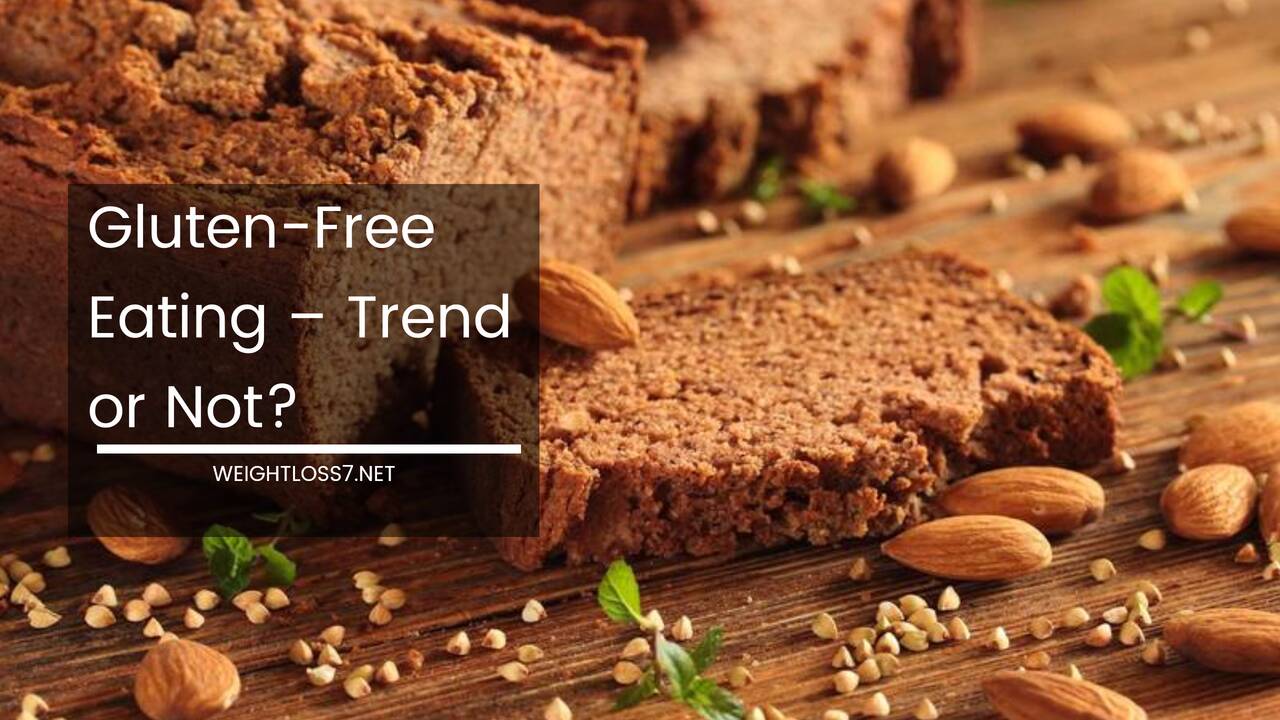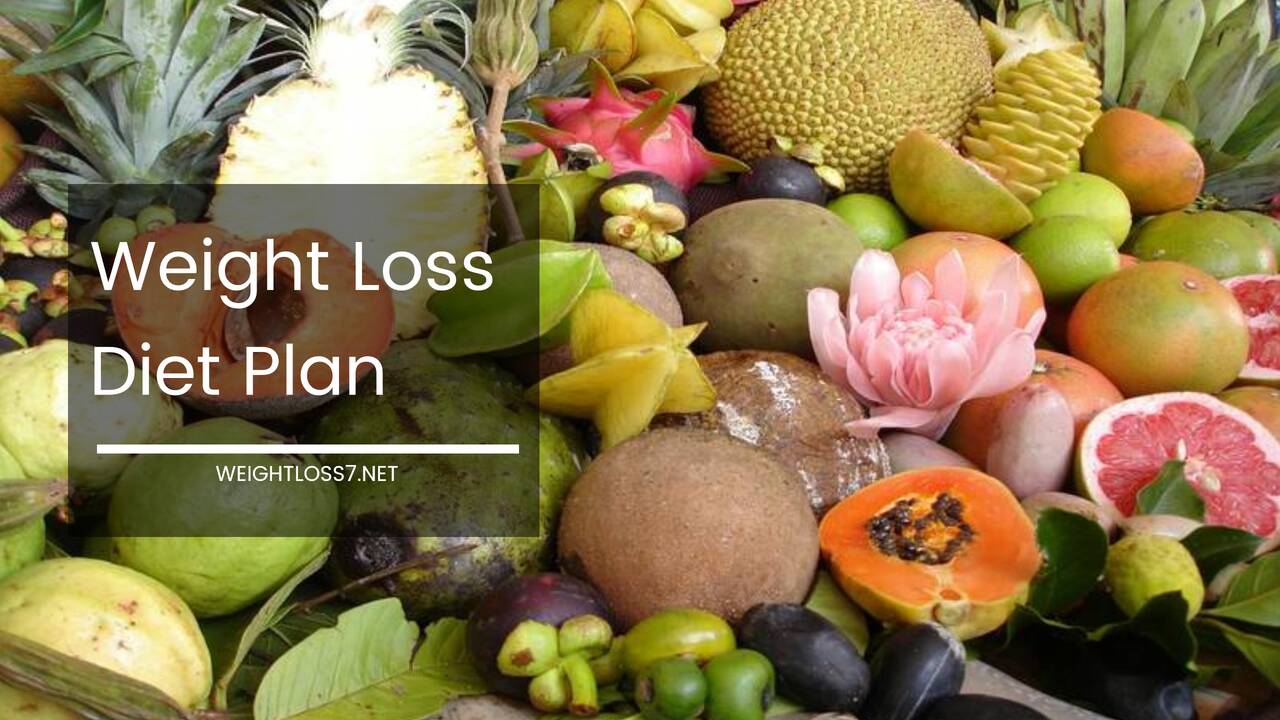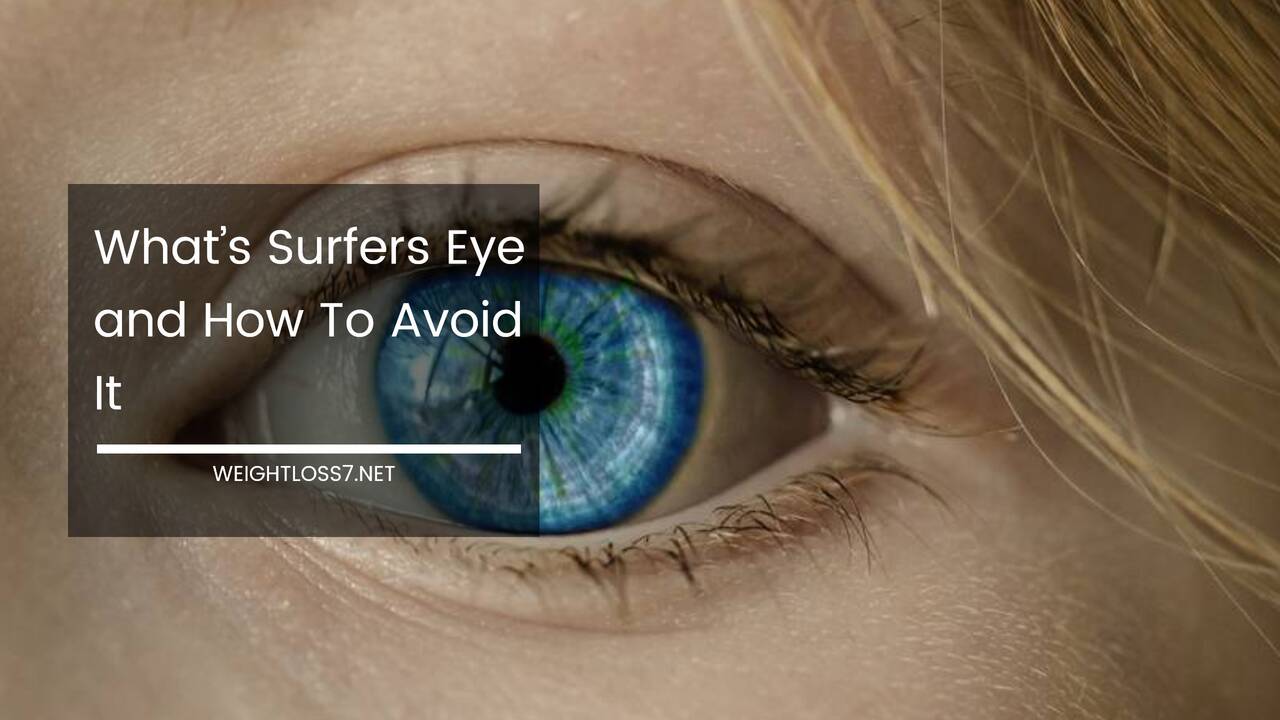Gluten-Free Eating – Trend or Not?

The gluten-free diet is a hot trend right now. With celebrities like as Gwyneth Paltrow, Jenny McCarthy, and Miley Cyrus are following gluten-free diets thanks to its claims to help increase energy, cure migraines, aid in weight loss, and treat autism, it’s a hard trend to ignore.
But is a gluten-free diet really all it is cracked up to be? Will it be here and gone tomorrow, or is it here to stay? Who should follow a gluten-free diet, and why?
What Is Gluten?
Gluten is a protein found in the grains wheat, barley, and rye. It may be found in oats as well due to potential contamination either in the field or during processing.
According to the Academy of Nutrition and Dietetics, gluten is added to many common foods to improve texture and taste. Many foods that seem like they should be gluten-free, such as spices, canned soups, and salad dressings, are not.
It is imperative that those who must follow a gluten-free diet carefully read ingredients list on all packed foods, unless they are certified gluten-free.
The Celiac Disease Foundation lists potential gluten containing foods that are often overlooked.
It might not be obvious that these foods contain wheat, barley, or rye, so it is important for those following a gluten-free diet to become familiar with this list of less obvious foods.
The list includes (but is not limited to) imitation seafood, processed lunchmeat, sauces, soy sauce and malt. Even some medications and cosmetics contain gluten.
The good news is that there are many naturally gluten-free foods and alternate grains that can be included in the diet without concern.
These include fresh meat and fish, fruits, vegetables, most dairy products, eggs, rice, buckwheat, cornmeal and quinoa.
Is a Gluten-Free Diet Healthy?
A gluten-free diet is not necessarily healthy, although it certainly can be. Like any diet, it depends on what and how much you eat. One mistake people on a gluten-free diet tend to make is purchasing loads of processed foods.
Dieters may do this out of convenience, because they don’t know what foods are safe, or because they perceive these foods as being healthy.
Just like regular processed foods, gluten-free processed foods are often high in sodium, fat, sugar and calories and low in vitamins, minerals and fiber.
Including foods from all the major food groups and limiting processed foods can help ensure the healthfulness of a gluten free diet.
Why Do People Follow a Gluten-Free Diet?
Most people who follow a gluten-free diet have traditionally done so out of medical necessity. People with Celiac disease must follow a gluten-free diet in order to control symptoms and prevent malnutrition and, possibly, colon cancer.
However, a person who suspects that they may have Celiac disease should not start a gluten free diet before being tested, according to the Celiac Sprue Association. A person must be consuming gluten in order for test results to come back positive.
Gluten sensitivity is another condition where people should follow a gluten free diet.
In gluten sensitive individuals, eating gluten may lead to gastrointestinal symptoms such as gas and bloating, abdominal pain, constipation or diarrhea.
In addition, gluten sensitive individuals may be prone to headaches, foggy mind and joint pain, according to The National Foundation for Celiac Awareness.
There is less evidence to support the use of a gluten free diet for conditions such as autism, or for weight loss.
A gluten-free diet is extremely difficult to follow, at least initially. While the diet is necessary for certain conditions, its trendiness will likely decline with time.
Done poorly, the gluten-free diet can have a negative impact on health and lead to nutritional deficiencies.
The Mayo Clinic website lists iron, calcium, fiber, and many B vitamins and nutrients that may be lacking in the gluten free diet.
To reduce the risks of nutrient deficiencies and learn more about the gluten free diet, those considering the switch should talk to a registered dietitian for advice.

















